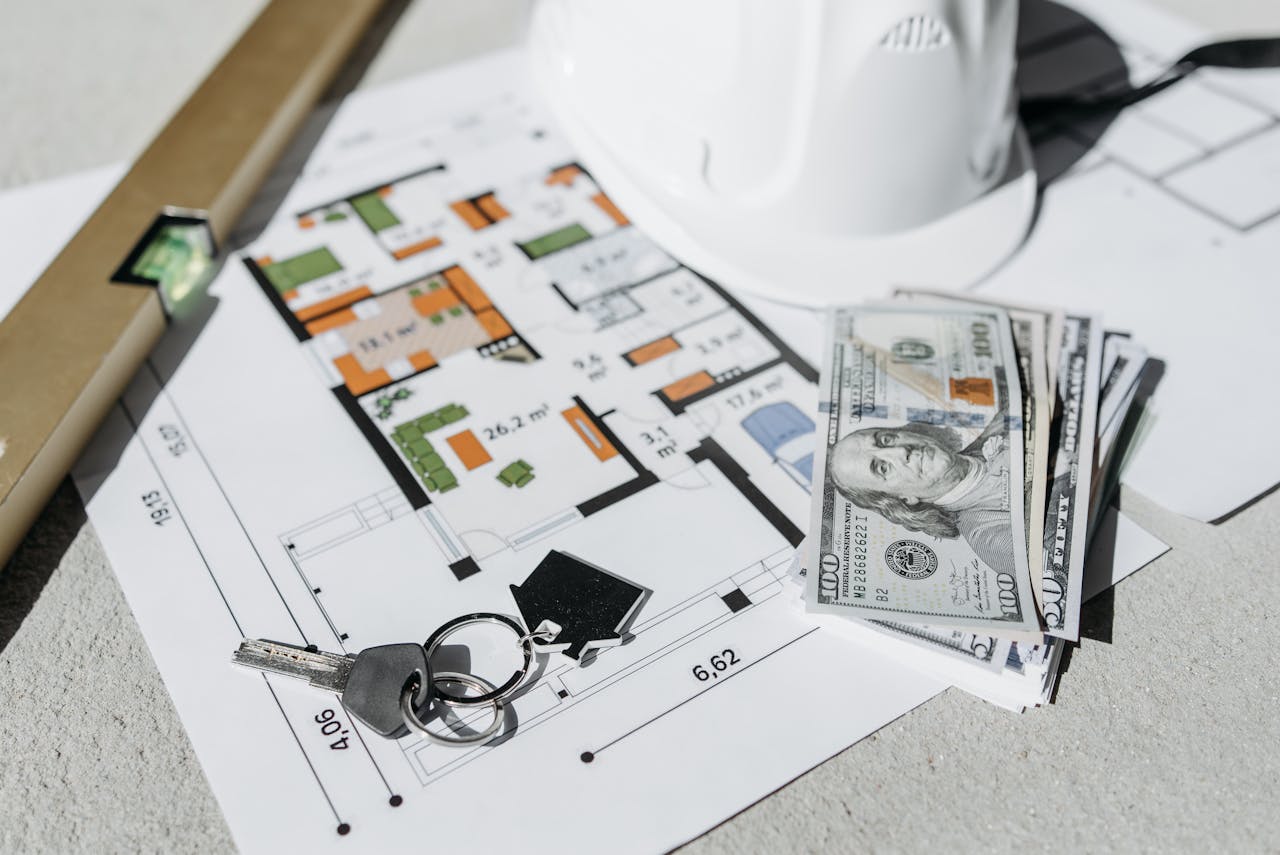6 Signs the Apartment You Want to Rent Is Overpriced

You might find an apartment you fall head over heels in love with the moment you walk in. The room looks cozy, the light feels welcoming, and the size is just right, but then you check the rent, and something feels off. The number is a little too high, and you start second-guessing yourself, especially since price is one of the most important factors to consider when renting.
Before you sign anything, it's vital to consider whether the rent is overpriced. It can be difficult to tell when a number is higher than it should be. To help you choose with confidence, here are six signs the apartment you're eyeing might be charging too much.
The Rent Is Much Higher Than Other Nearby Units
If the rent in one apartment is noticeably higher than others in the same neighborhood, the pricing might be inflated. You might notice similar layouts and square footage nearby that cost less. This is usually a sign that the owner is testing the market. They could also be banking on someone renting quickly without comparing options.
A good way to protect yourself is to check multiple listings in the same building or area. Look at the recent rental data. Understand the range that makes sense for that location. When you know what's normal, it becomes easier to spot unrealistic pricing.
The Unit Has't Been Updated in Years
Old appliances, worn flooring, and faded paint are all signs that the landlord hasn't prioritized apartment maintenance over the years. If the space looks tired and outdated, but the rent is at premium pricing, it might mean the listing is not aligned with its true condition. A dated unit should be priced lower, especially if it lacks modern updates.
Ask the landlord about potential improvements. Better yet, look for newer apartments in the same price range. Being wary of a unit's condition before moving in helps you avoid paying more than the space is worth.
The Building Lacks Basic Amenities
An apartment might look great, but if the building is missing essentials like laundry, parking, and security, the price should reflect that. When these basics are missing, renters end up paying more in extra costs. That makes an already high rent feel even heavier.
If a building has fewer conveniences, the rent should be lower than those with strong apartment amenities. Think about what matters in your daily routine. Compare what each building provides and choose the one with fair pricing and the right amenities.
The Landlord Refuses to Negotiate
Most renters expect a little room to negotiate a rent reduction, especially for apartments with clear drawbacks. When a landlord shuts down the conversation immediately, it can be a sign that the price has already been set higher than what the market normally supports. A fair landlord is usually open to reasonable discussion.
Try asking about lease terms or any flexibility in pricing. If they avoid every attempt to communicate, it may be a red flag. Not just for the unit, but also for the person you'll be dealing with if you lease there.
Even a Real Estate Agent Cautions Against the Rental
When a real estate professional hints that a price seems high, it's worth paying attention to. They see hundreds of units a year. They can quickly tell if a place is fairly priced or leaning toward the expensive side.
Consult with a real estate agent in your area who knows the scene well. For example, if you're looking around South Carolina, talk to the top real estate agent in Charleston. They understand what apartments in the city usually cost. They'll give you clear guidance about prices that are okay and those that aren't.
Endnote
Finding a new apartment can be thrilling, but you'll be more grounded when you understand how to judge a fair price. The signs above are red flags when it comes to rental pricing. If you spot them during negotiations with a potential landlord, look into the rent more. Research the competition and try to negotiate for a better deal. Be sure to consult a real estate professional if needed. Doing your due diligence today will help you land a home that's fairly priced and right for you.
Published 11/08/25